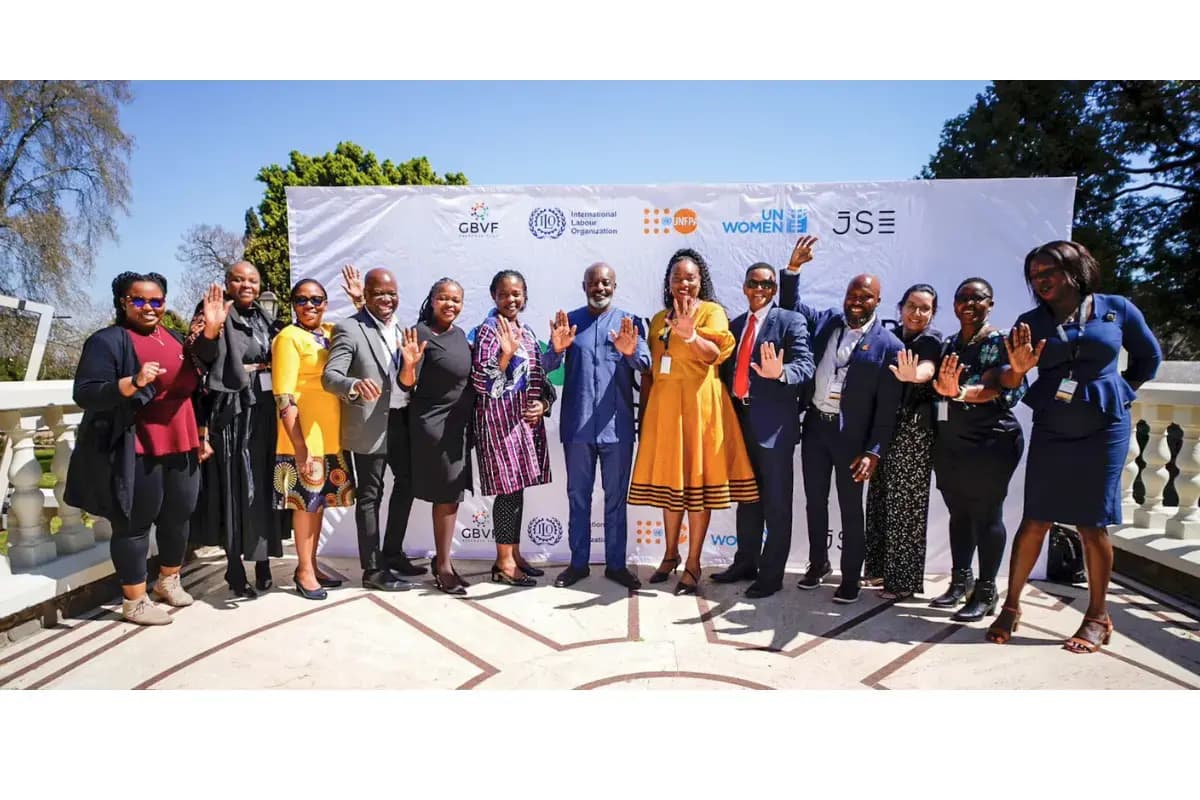We're loading the full news article for you. This includes the article content, images, author information, and related articles.
Amid rising concerns over gender-based violence (GBV), women leaders across Kenya are calling for solutions grounded in communities — arguing that top-down interventions alone have failed to fully address root causes.

Nairobi, Kenya — September 25, 2025
Amid rising concerns over gender-based violence (GBV), women leaders across Kenya are calling for solutions grounded in communities — arguing that top-down interventions alone have failed to fully address root causes. At a recent forum in Nairobi, they urged development of localized, cultural, and survivor-centered strategies to prevent and respond to violence.
Migori Woman Representative Fatuma Mohammed emphasised the central role of community actors — village elders, women groups, religious leaders — in shifting norms that perpetuate violence.
The forum convened women representatives, civil society activists, legislators, and local influencers to deliberate on GBV trends, gaps in response, and the value of community ownership.
Proposals emerging from the event included expanding community action teams, bolstering grassroots dialogues, improving referral pathways in local areas, and increasing awareness campaigns tailored to local contexts.
Cultural legitimacy & trust
In many regions, community voices — especially of elders, women’s groups, and faith leaders — carry more influence than external agencies. Locally led interventions are more likely to resonate, be accepted, and sustain change over time.
Early detection & prevention
When community members are sensitised, they can detect early signs of abuse or conflict and intervene before it escalates. They can also enforce norms and accountability locally.
Survivor support & accessibility
In remote or underserved areas where formal services are far, community structures (local clinics, women networks, trained volunteers) can provide first aid, psychosocial support, safe houses, or referral to higher level facilities.
Norm change and sustainability
Long-term transformation requires changing values, attitudes, and behaviors. That is more effective when communities own the process, rather than having external programs imposed.
Kenya’s National Gender-based Violence Working Group has pushed for strategic reforms that include strengthening community structures, integrating GBV prevention into local government planning, and enhancing legal enforcement.
NGOs and government alike have been working on community engagement models — for example, in Isiolo County, the “POWER” Project has supported community action teams to prevent GBV and FGM.
However, gaps persist: insufficient funding, weak referral systems, limited capacity in rural areas, under-resourced local police/GBV desks, and disconnects between national frameworks and local realities.
Burden on volunteers: Community actors often work under little remuneration or support; sustainability requires funding, training, supervision, and protection.
Local power dynamics: In some areas, traditional or patriarchal structures may resist change or co-opt community initiatives.
Coordination & standardization: Ensuring that community efforts link with formal systems (police, courts, health) needs clear frameworks and accountability.
Resource constraints: Many localities lack basic infrastructure, safe shelters, or legal aid services to back up community interventions.
Keep the conversation in one place—threads here stay linked to the story and in the forums.
Sign in to start a discussion
Start a conversation about this story and keep it linked here.
Other hot threads
E-sports and Gaming Community in Kenya
Active 9 months ago
The Role of Technology in Modern Agriculture (AgriTech)
Active 9 months ago
Popular Recreational Activities Across Counties
Active 9 months ago
Investing in Youth Sports Development Programs
Active 9 months ago